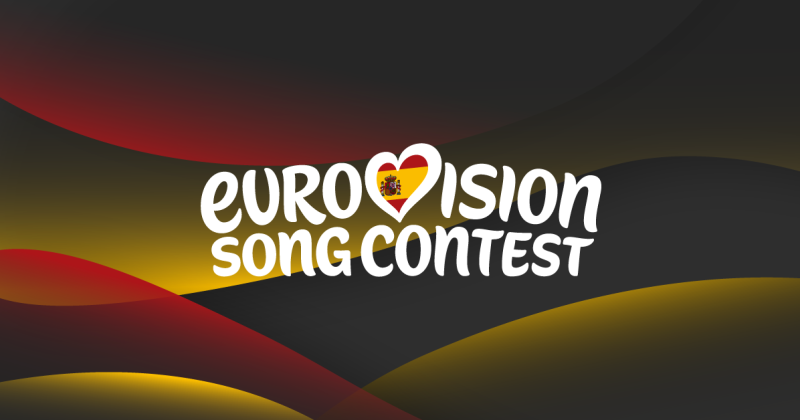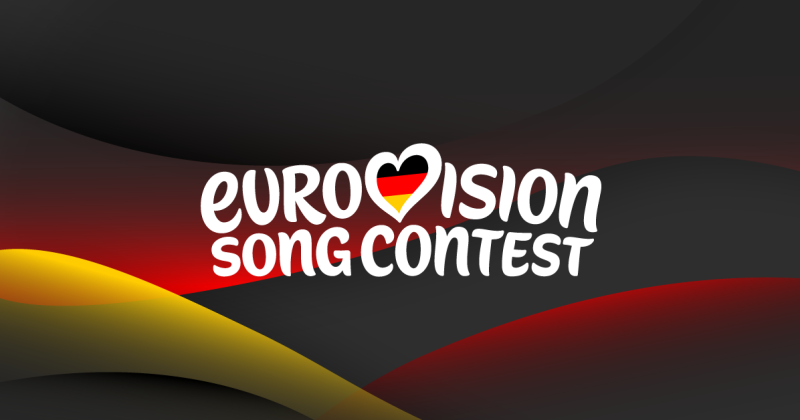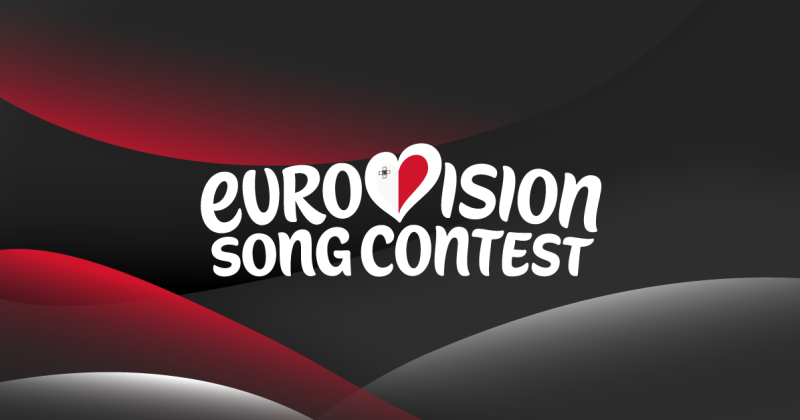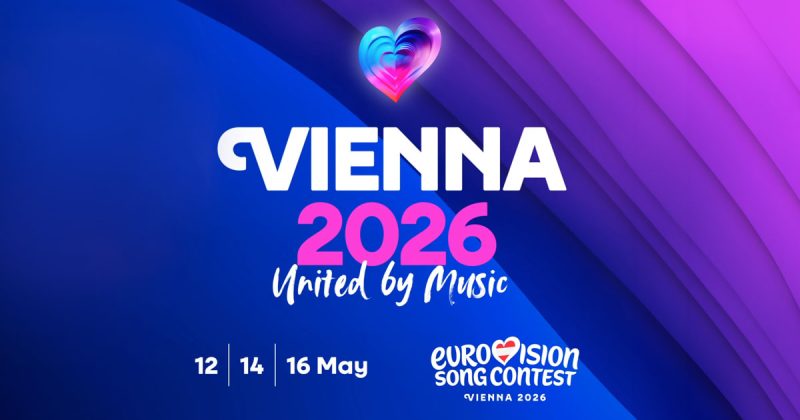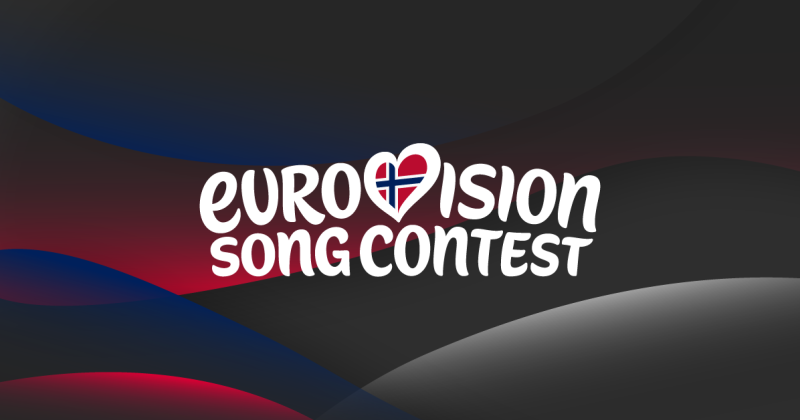
Following the meeting between the Austrian broadcaster’s CEO and Israeli President Isaac Herzog, Spain’s broadcaster president accuses Eurovision’s host of politicization and levels harsh criticism.
The rift among Europe’s broadcasters continues to deepen. The president of the Spanish national broadcaster RTVE, José Pablo López, launched an unprecedented public attack today against the Austrian national broadcaster — host of Eurovision 2026 — and the EBU. The trigger was the widely reported visit by top Austrian TV officials to Jerusalem and their meeting with Israel’s President Isaac Herzog — a move López claims exposes “the politicization of the contest” and bias in favor of Israel.
López’s remarks came in response to reports suggesting Austrian officials are engaging in talks to persuade Spain and others not to withdraw from the contest in protest of Israel’s participation. Austria’s broadcaster CEO Roland Weissmann recently declared it was
“Time for diplomacy within the EBU, […] We will discuss, talk, listen, and try to persuade”.
Weissmann’s statement referred also to that Jerusalem meeting with President Herzog and to Austria’s efforts ahead of the upcoming EBU General Assembly in early December, where a decision is expected regarding whether Israel will continue or be suspended from the competition. Weissmann, a vocal supporter of Israel’s participation, said during his visit:
“Eurovision will turn 70 next year, and Israel is an inseparable part of the competition”.
“Clear Politicization of the Contest”
López fiercely opposed Weissmann’s declaration and Austria’s support for Israel’s participation. He expressed outrage over discussions about Israel’s possible suspension being held with Israeli representatives. López clarified that no official approach had been made to the Spanish broadcaster, insisting the talks are serving only one side:
“They never called us. The president of Austrian TV, ORF, indeed met with the Israeli president — to preserve a clear politicization of the contest”.
López wrote on X (formerly Twitter).
Aquí no han llamado. El Presidente de la tv austriaca ORF sí ha estado reunido con el Presidente de Israel para que quede clara la politización del concurso.
¿Esto no era un festival en el que no participaban los países sino las televisiones? Eso decía UER.
Sin complejos. https://t.co/jdHobozEAS
— José Pablo López (@Josepablo_ls) November 19, 2025
López also directed his criticism at the EBU, claiming that despite its calls to keep politics out of the event, it continues to involve national governments:
“Wasn’t it supposed to be a festival of broadcasters, not of countries? That’s what the EBU itself said”.
He concluded his post stating, “There is no complexity”, making clear that Spain may reconsider its own Eurovision participation if Israel remains in the contest.
Analysis: The Spanish Paradox
López’s stance places Spain in a paradox. It raises the question — isn’t viewing Israel’s participation as representing its government, policies, and actions itself a form of politicization? Can the Spanish broadcaster truly claim to believe that Eurovision is just a contest of broadcasters? In recent months, and even more so in recent years, Spanish officials have actively urged other countries to boycott the event if Israel takes part. Notably, Spain was also accused of spreading false claims that Portugal would join its boycott if Israel were not expelled — an accusation Portugal firmly denied. López insists “there is no complexity,” but if the situation is indeed so simple, what exactly remains for Spain to consider?
Europe Towards a Decision
 In less than a month, EBU member states will convene for a decisive meeting to determine whether Israel will be officially invited to compete in Eurovision 2026. It is still unclear whether a formal vote will take place, especially in light of the current ceasefire between Israel and Hamas, which may influence some countries’ positions.
In less than a month, EBU member states will convene for a decisive meeting to determine whether Israel will be officially invited to compete in Eurovision 2026. It is still unclear whether a formal vote will take place, especially in light of the current ceasefire between Israel and Hamas, which may influence some countries’ positions.
Both the Israeli and Austrian broadcasters agree on one matter: Israel must not be excluded from the competition. President Herzog emphasized the importance of maintaining the independence of the Israeli broadcaster KAN, calling it a symbol of free media in a democratic country.
Spain in Eurovision 2025
“Esa Diva” (in English: “That Diva”) is the title of the song performed by singer Melody, who represented Spain at Eurovision 2025 in Basel, Switzerland.
Spain finished 24th with 37 points – 27 points from the juries, placing 21st, and only 10 points from the televotes, placing 22nd. In the last 20 years, Spain managed to finish only 3 times in the top 10.
Eurovision 2025: This was Spain’s 65th participation in Eurovision. Spain joined the competition in 1961 and won it twice consecutively in 1968 and 1969. Spain has hosted the contest on its territory only once in 1969 and since then holds the longest waiting time since its last victory – 56 years.

Email: [email protected]
Phone: +972-50-9441919
Ilay Gaist is a leading Israeli content creator and writer specializing in the Eurovision Song Contest. He is a well-known commentator with extensive expertise in the contest’s history, rules, and dynamics. His passion for Eurovision drives him to deliver rich, professional, and innovative content to his audience.
Ilay holds a bachelor’s degree in Arabic and has a multilingual background. He also engages in cultural research, with a particular focus on global culinary traditions and the evolution of local cuisines around the world.

